Embark on a journey through Barcelona's captivating art and architecture. Explore the visionary works of Gaudí, Picasso, and more, set against the city's stunning landscapes.
GVI
Posted: July 5, 2024

Zaytoen Domingo
Posted: February 2, 2022
Two-thirds of all illiterate people are women and more than 65% of people living in the most extreme poverty globally are women and girls. Women’s empowerment is a key part of correcting this clear imbalance.
Reaching gender equality and strengthening women’s rights is essential for sustainable development. GVI offers specific women’s empowerment projects that are designed to support the United Nations Sustainable Development Goal (UN SDG) five, gender equity. Helping to empower women is a vital step in making sure this goal is reached worldwide.
On the surface, gender equality seems simple. It means having equal rights and opportunities.
However, it’s a complex issue. Gender inequalities are widespread and deeply rooted. The imbalance between genders affects almost all aspects of women’s lives.
And the impacts are significant, ranging from social to political and economical. According to the UN, men can legally prevent their wives from working in 18 countries. Sons have greater inheritance rights than daughters in 39 countries. A further 49 countries don’t have any laws in place to protect women from domestic violence.
Gender equality is important not only because it’s a human right, but because it is essential for building peaceful and prosperous nations. Making sure women and girls have equal access to quality education, healthcare, work opportunities, as well as political representation and participation in economic decision-making, is crucial to sustainable development and economic progress.
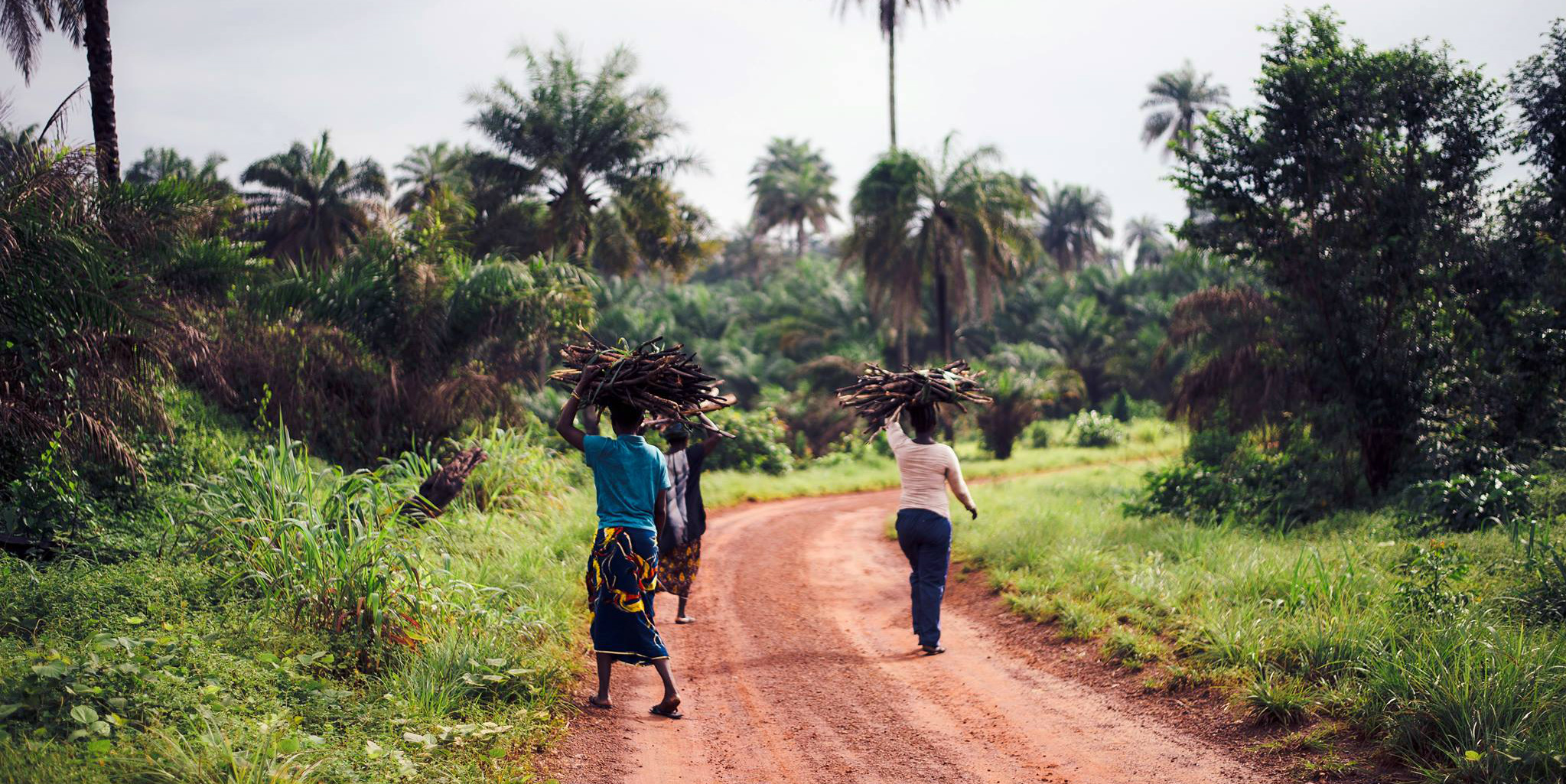
As women gain education and skills, they can access more opportunities, which eventually means household incomes increase, infant mortality rates go down, and children are able to stay in school longer. Our ultimate aim is to break the cycle of intergenerational poverty.
Taking steps to help empower women is a vital part of making sure gender equality is achieved worldwide.
Empowering women means equipping them with the tools they need to have power and control over their own lives. Empowered women have independence, equal opportunities, and the ability to make strategic choices in all areas of their lives.
Education is one of the most powerful means available for providing women with the knowledge, skills, and self-confidence they need to participate equally in society.
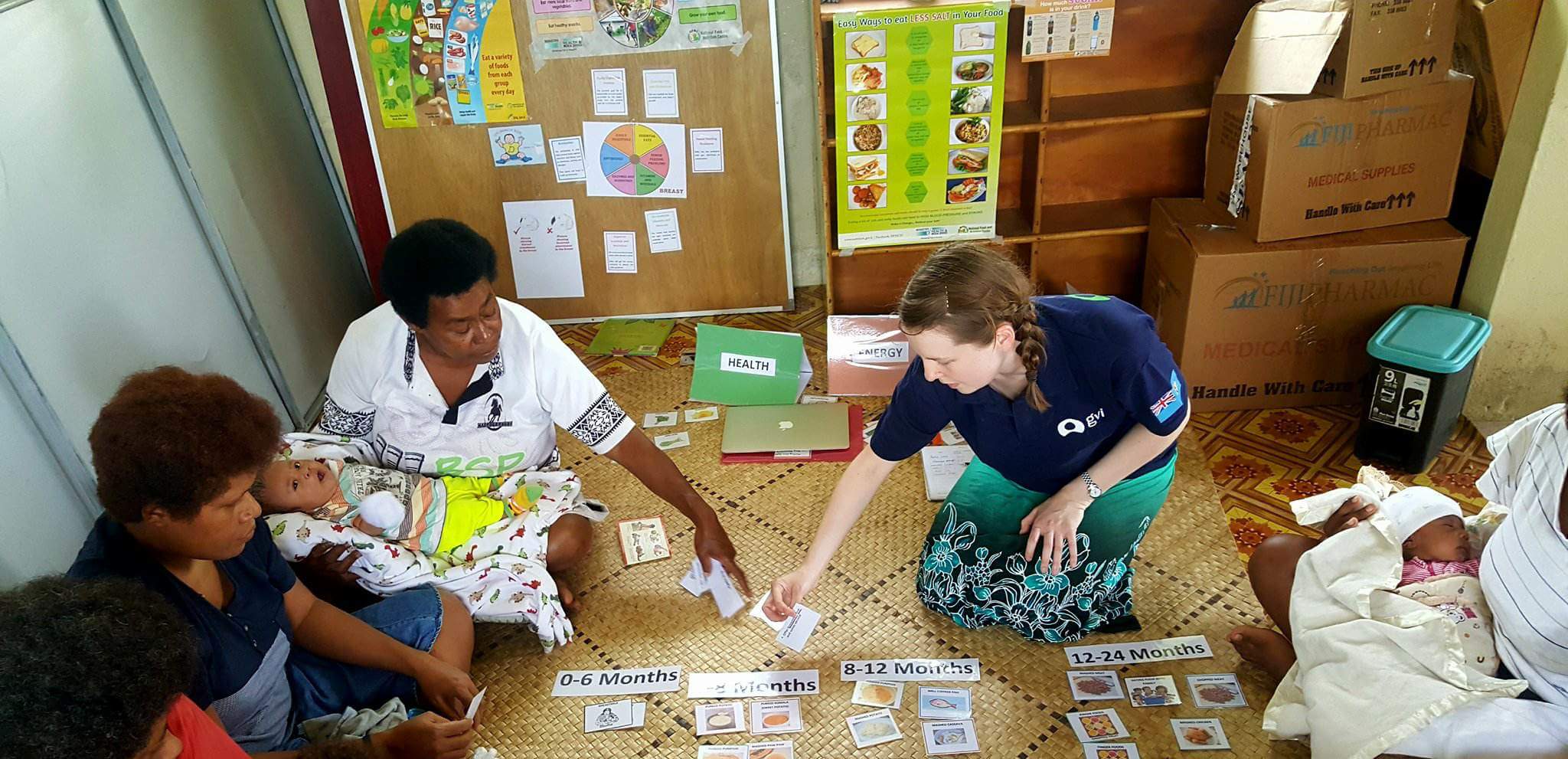
Helping to provide ongoing educational support is an important part of gender equality initiatives. According to UNICEF (The United Nations Children’s Fund), educating women and girls can help to fight poverty and disease. Each extra year a girl stays in secondary school can boost her income potential by up to 25%. Eventually, helping to empower women through education could help eradicate income inequalities between genders.
To help empower women economically we must ensure work opportunities are available. The responsibilities for domestic or unpaid care work need to be shared, and any legal barriers that deny women the right to participate in public life must be removed. Finally, we need to raise awareness in communities through education and communication programs. These steps allow women to secure their own incomes.
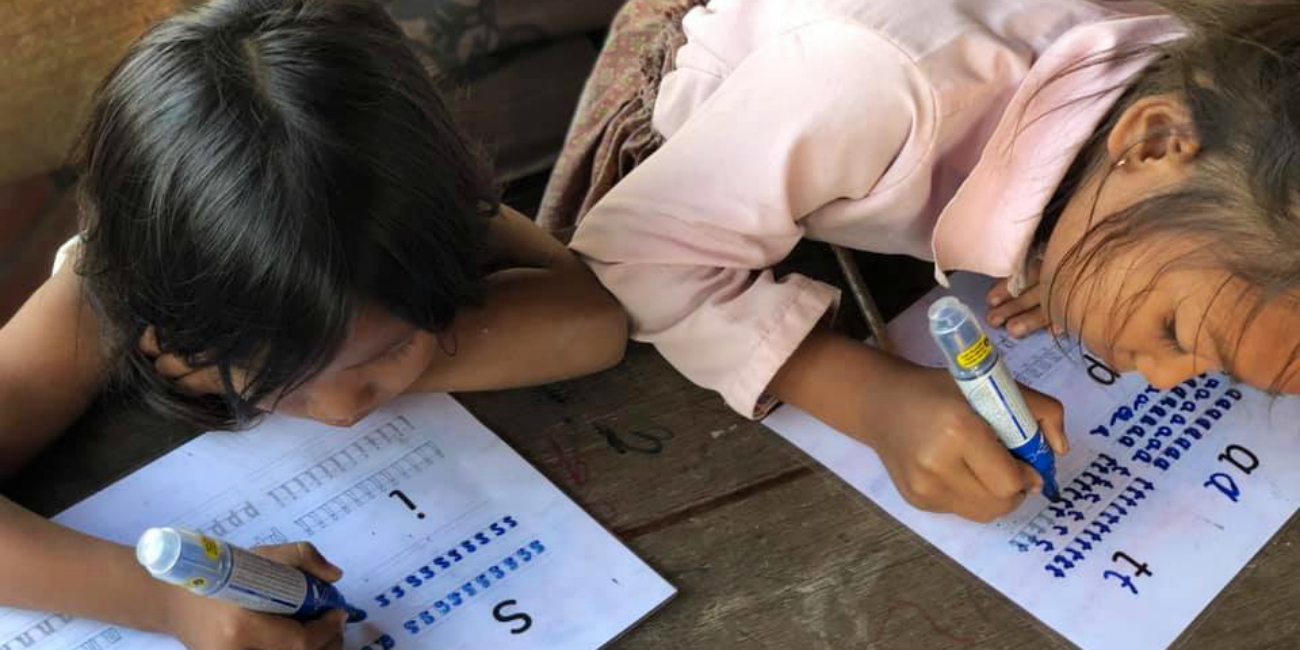
Another significant aspect of women’s empowerment is making sure women have full reproductive rights and access to sexual and reproductive healthcare. Deciding what happens to your body is central to being able to live with dignity, in exactly the way you choose. Part of empowering women can be as simple as helping women to understand and realise these rights.
Inroads have been made in empowering women and girls. For example, UN statistics show that the risk for a girl of marrying during her childhood has dropped by more than 40% since 2000 in Southern Asia. More than 100 countries now actively track budget allocations for gender equality. In 46 countries, women hold more than one-third of seats in at least one chamber of the national parliament.
These are all positive leaps forward, but there is a long way to go before we reach gender equality around the world.
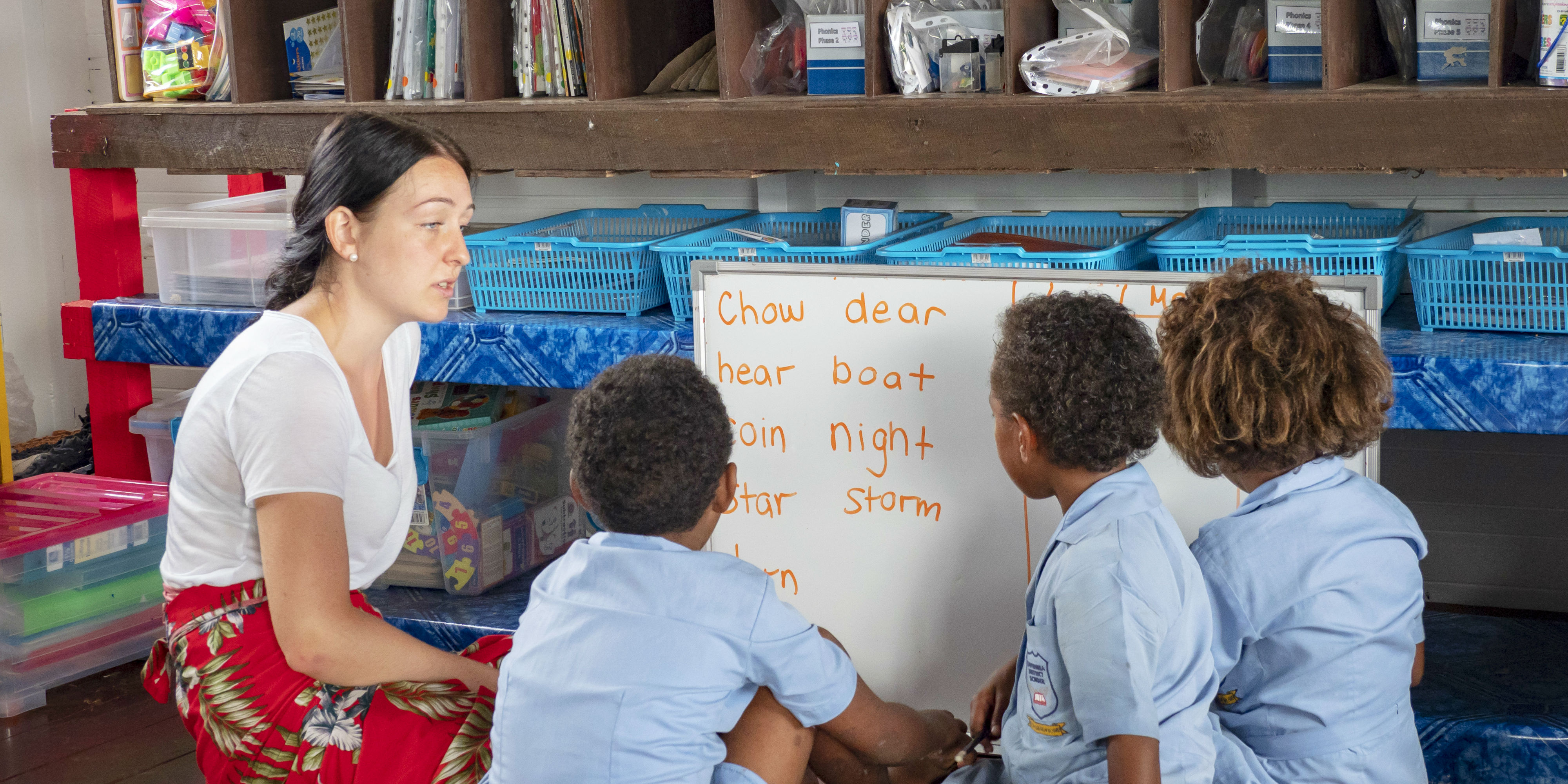
GVI runs empowerment initiatives to promote gender equality and empower women in communities around the world. Volunteers and interns can contribute to various educational projects, such as English classes or healthcare and income generation workshops, giving women the tools they need to improve their circumstances.
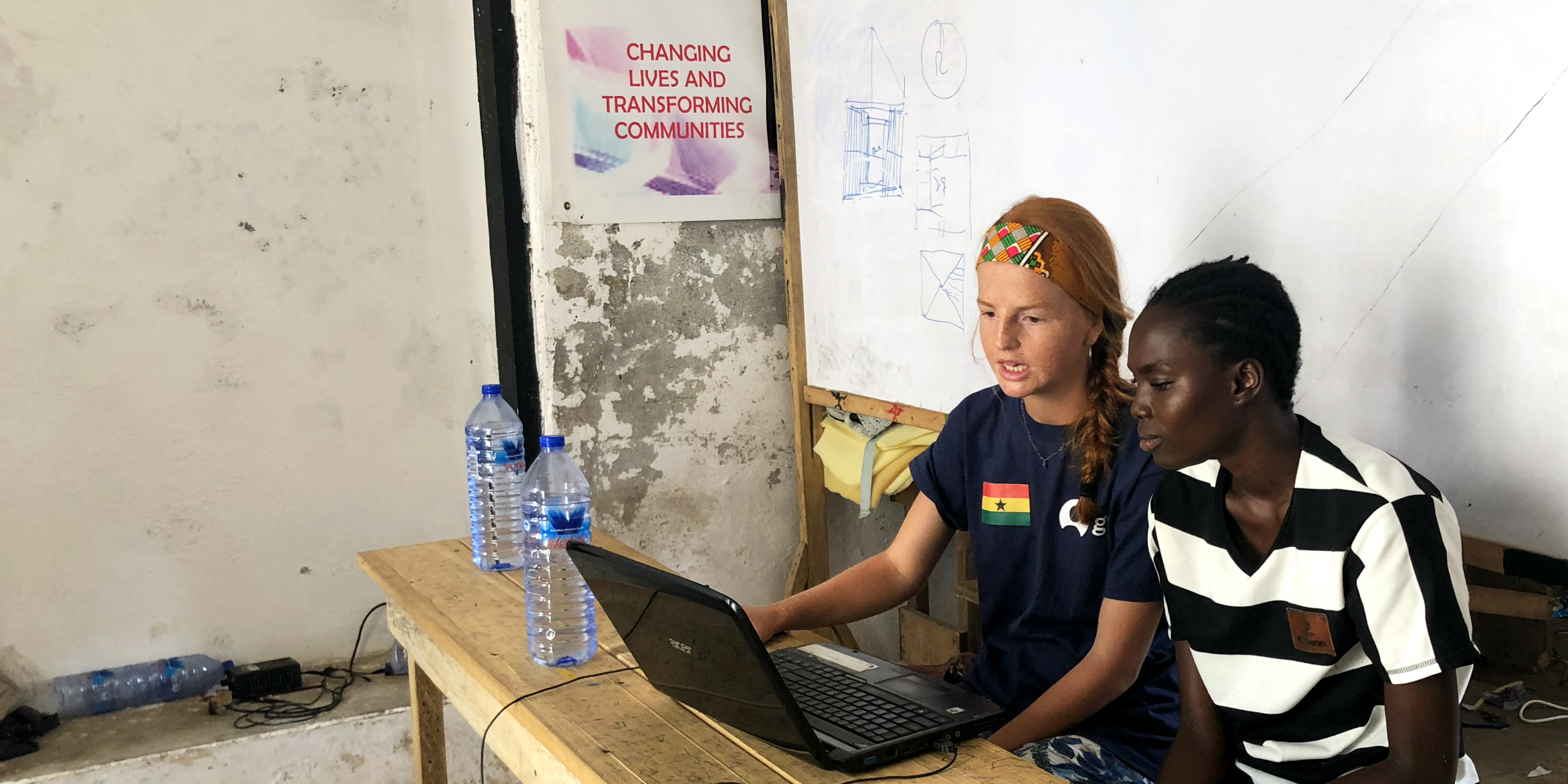
Taking part in teaching practical vocational skills is a key approach in helping to empower women. In Ghana, volunteers can work directly with local women in one-on-one sessions or group classes, teaching engaging classes such as IT literacy or sewing workshops.
Our internship in Cape Town also offers support for women through teaching basic computer competency and sewing skills. Both projects focus on women but have a positive impact on wider communities.
Volunteers and interns can help to instigate a ripple effect. On our internship in Nepal, you could work closely with women to help them meet their specific goals. This could include working on their conversational English skills, practising maths, or learning how to write a successful resume. You could also help the women to develop craft skills, which can provide a potential source of income and eventually help them to become self-sustaining.
No matter which destination you choose, with enthusiasm and determination to make a difference you’ll be able to help empower women to strive for gender equality.
Take action to make sure gender equality is enjoyed by all women. Browse GVI’s women’s empowerment volunteer programs and internships in Nepal, Ghana, South Africa, and many more locations around the world.
By Zaytoen Domingo
Embark on a journey through Barcelona's captivating art and architecture. Explore the visionary works of Gaudí, Picasso, and more, set against the city's stunning landscapes.
GVI
Posted: July 5, 2024